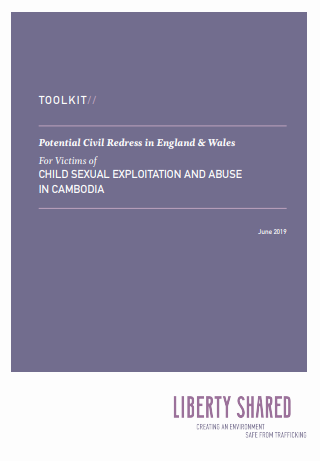Guidance Note on Use of Victims’ Images
GuidanceThis Guidance Note is provided by Freedom Collaborative to NGOs across the Asia region as a suggested statement of best practice and guidance in relation to obtaining and using images of victims of human trafficking, slavery and forced labour. Th...Read More

